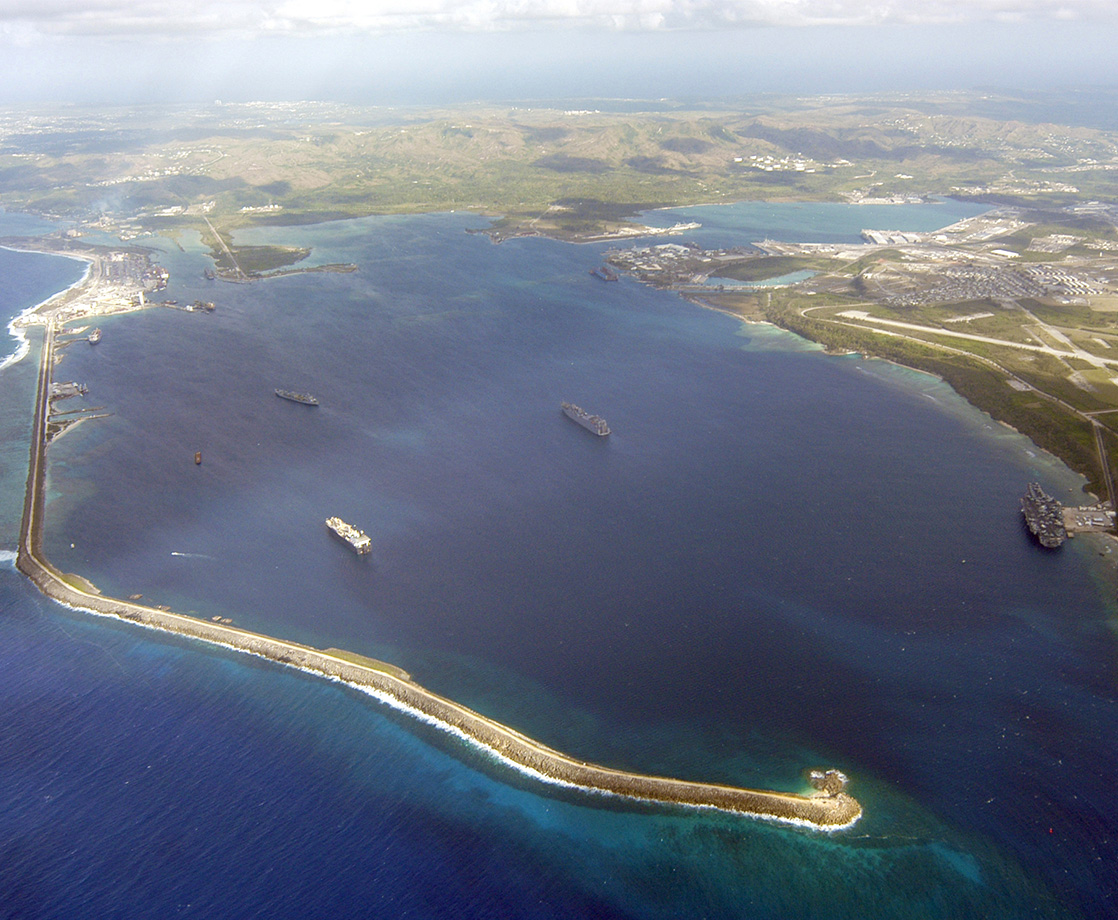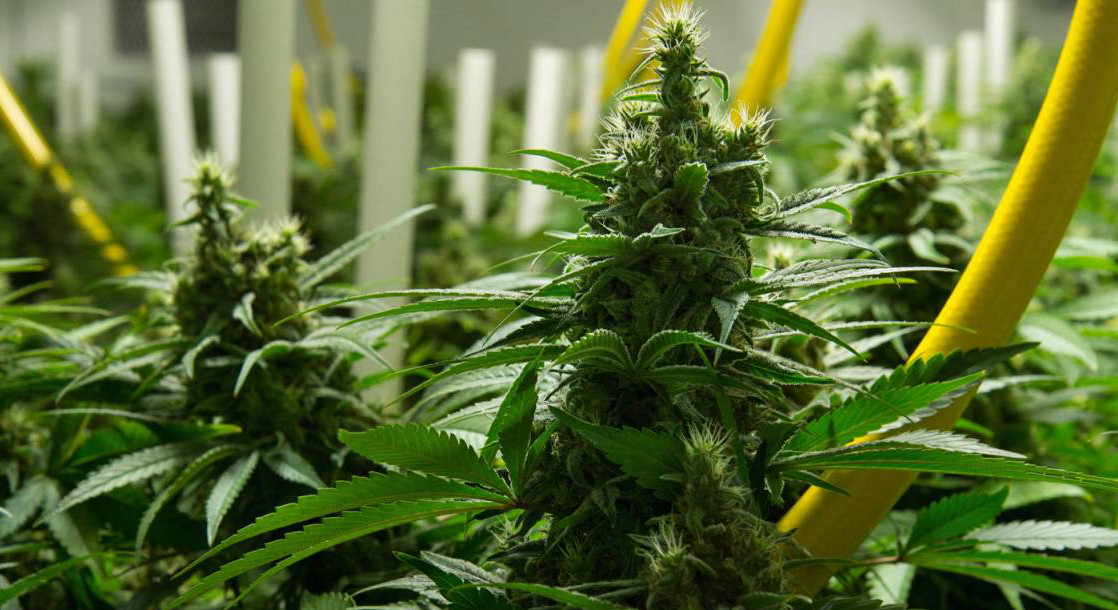Legislators in the U.S. territory of Guam are working hard to draft a medical marijuana program for the island's residents, despite fears that Attorney General Jeff Sessions' threatened crackdown on legal cannabis will extend all the way to the Pacific. Last week, a legislative committee helmed by Guam Senator Dennis Rodriguez made changes to the first draft of the proposed bill, and intend to submit an amended version at a public hearing held this Thursday.
Voters approved the territory's medical marijuana program two years ago, but the process of drafting regulations is still not entirely complete. In the new draft of regulations, the committee established a a maximum limit to the amount of medical cannabis that can be dispensed — 2.5 ounces every 14 days — as well as provisions for a tracking system. "If all goes well, I'm hoping we can get these rules passed before Christmas," Rodriguez told the Pacific Daily News. "That means it's very possible we'll see this industry up and running next year. I wish it could have been done sooner. Looking forward, I just want patients to know that we're doing everything we can to get this done for you."
One of the primary concerns confounding legislators' attempts to kickstart the territory's medical cannabis program is the fear of a federal crackdown. According to Rodriguez, local physicians have said they are afraid of losing their licenses or even being prosecuted for recommending medical cannabis to their patients. "This fear exists because doctors lack guidance about the application of federal law to their circumstance, and what their rights are," the Senator explained.
Currently, the U.S. Department of Justice is prohibited from prosecuting these physicians, or anyone else involved in a state-legal medical cannabis program, thanks to an annual amendment to a federal spending bill that specifically defunds any attempts by the DOJ to interfere with legal cannabis. The future of this amendment is uncertain, though, after the GOP leadership in Congress blocked a vote on the amendment earlier this year. Proponents of the amendment were able to extend the protections until December 8th, and again until December 22nd, but if Congress fails to pass the spending bill or votes against the amendment, these protections will end.
Even if the amendment does not get extended, Guam could still avoid federal interference in its medical marijuana program. In Colorado, Rep. Jared Polis said that state officials can block federal intervention by preventing local law enforcement from collaborating with federal law enforcement seeking to pursue cannabis prosecutions. "I will push back on any federal effort to interfere with our laws and not share information if it's not related to a criminal investigation under our own law or ordered by a court," Congressman Jared Polis said during a Reddit Ask Me Anything this week. "The federal government has very limited law enforcement resources in the states, most of law enforcement is in the hands of cities, counties, and the state and so as long as we don't cooperate it would be hard, almost impossible, for there to be a major federal-only enforcement action."











